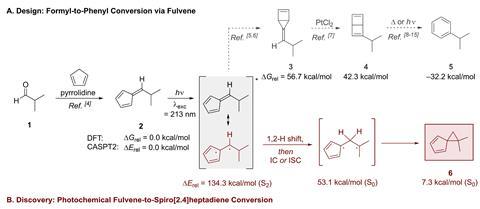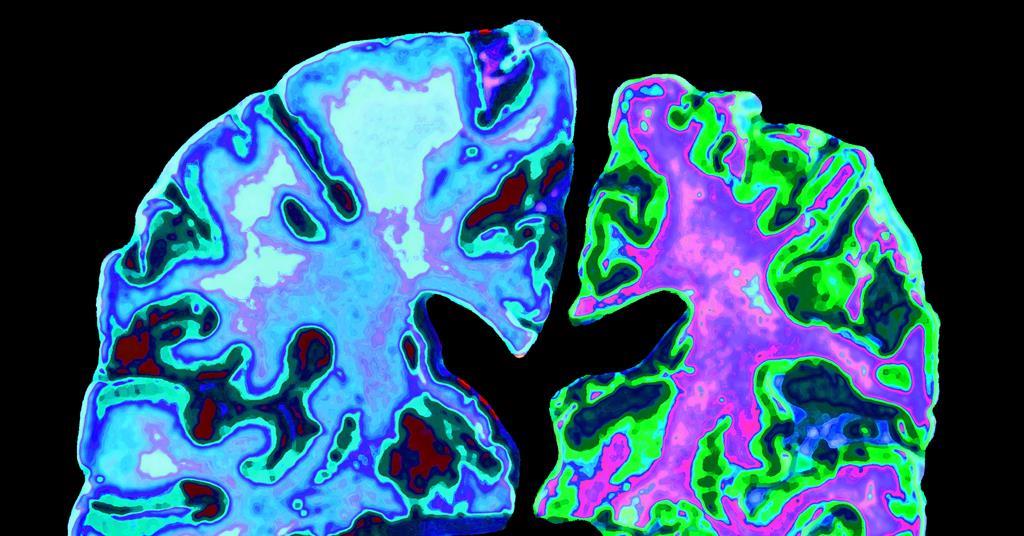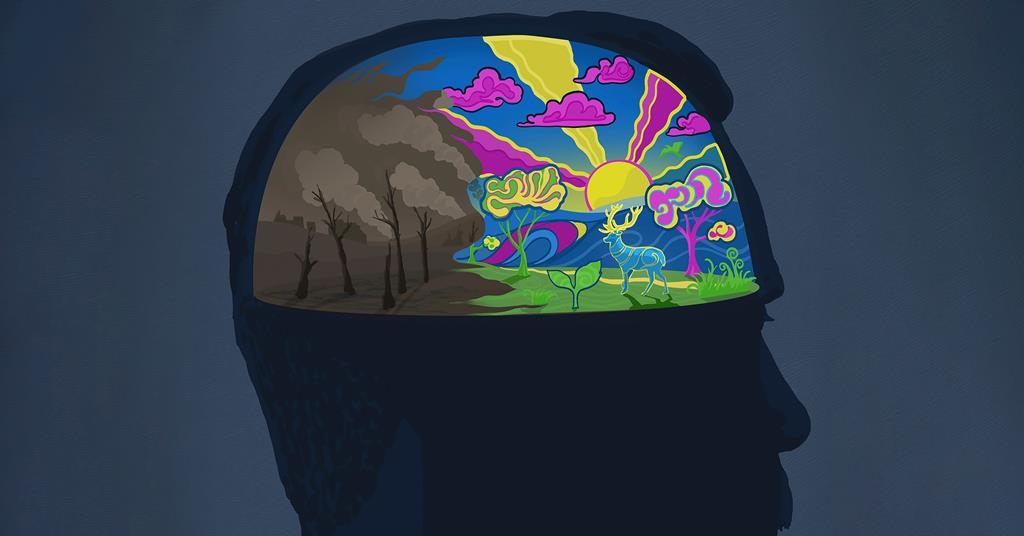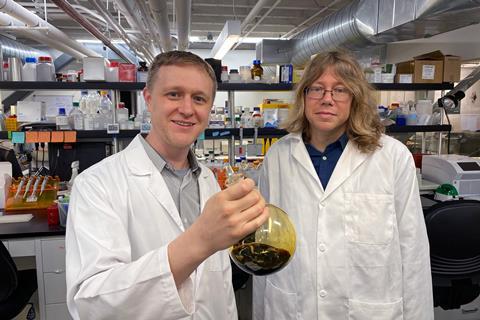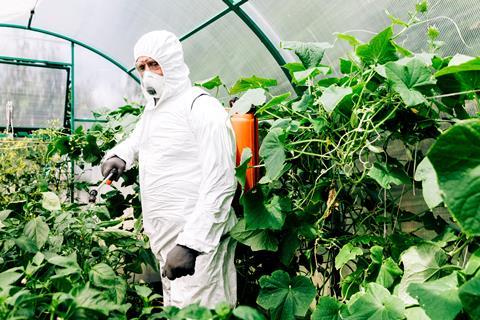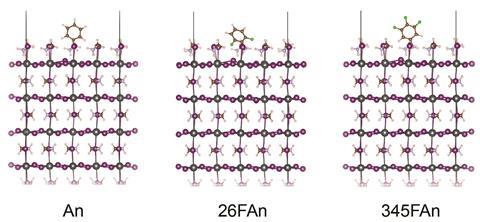By attempting to transform a substituted aldehyde into a substituted benzene, researchers have found a new and unexpected way to synthesise spiro[2,4]heptadienes. Computational studies, from the group of 2021 chemistry Nobel prize winner Ben List, calculated the reaction pathway to forming the substituted benzene. It was only when the experiment was undertaken in the lab […]
Read More